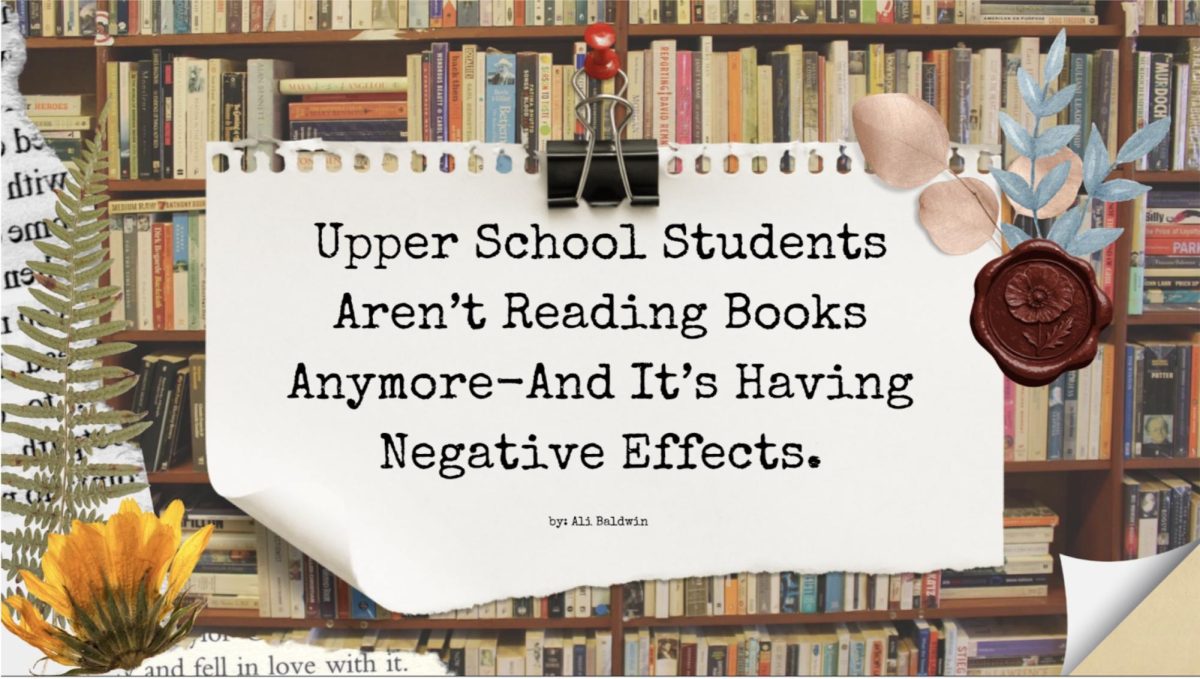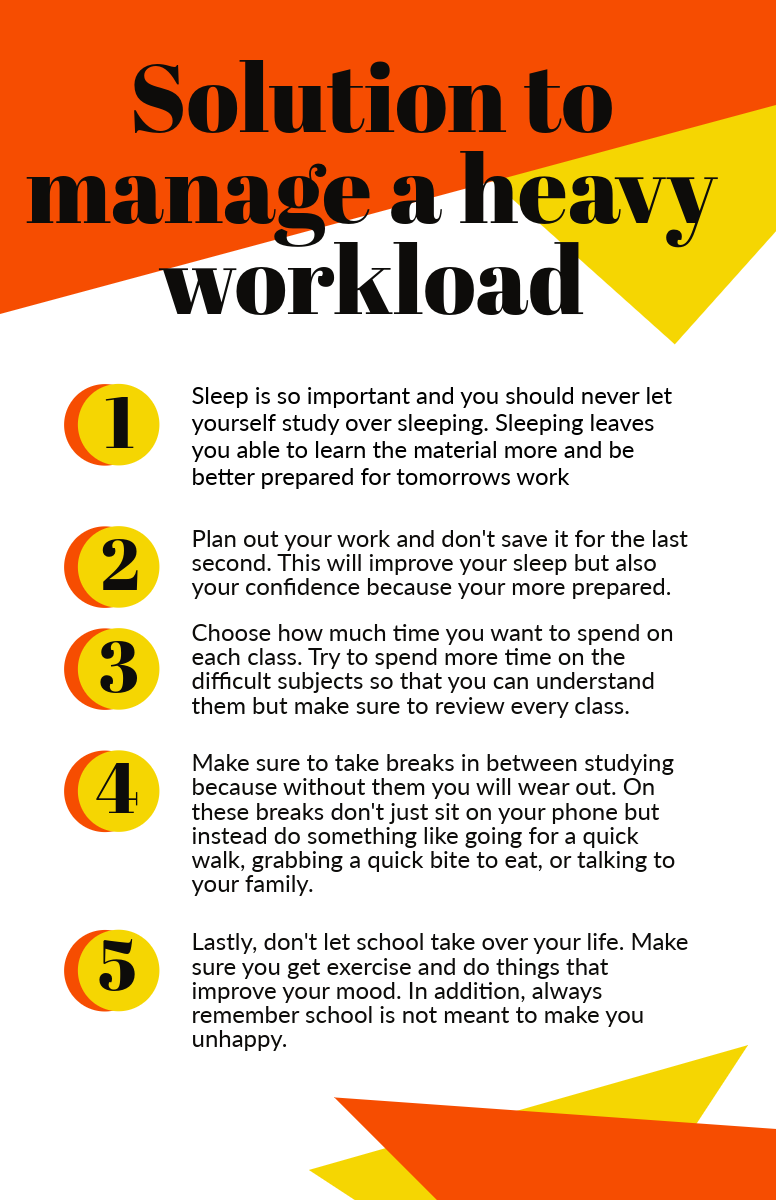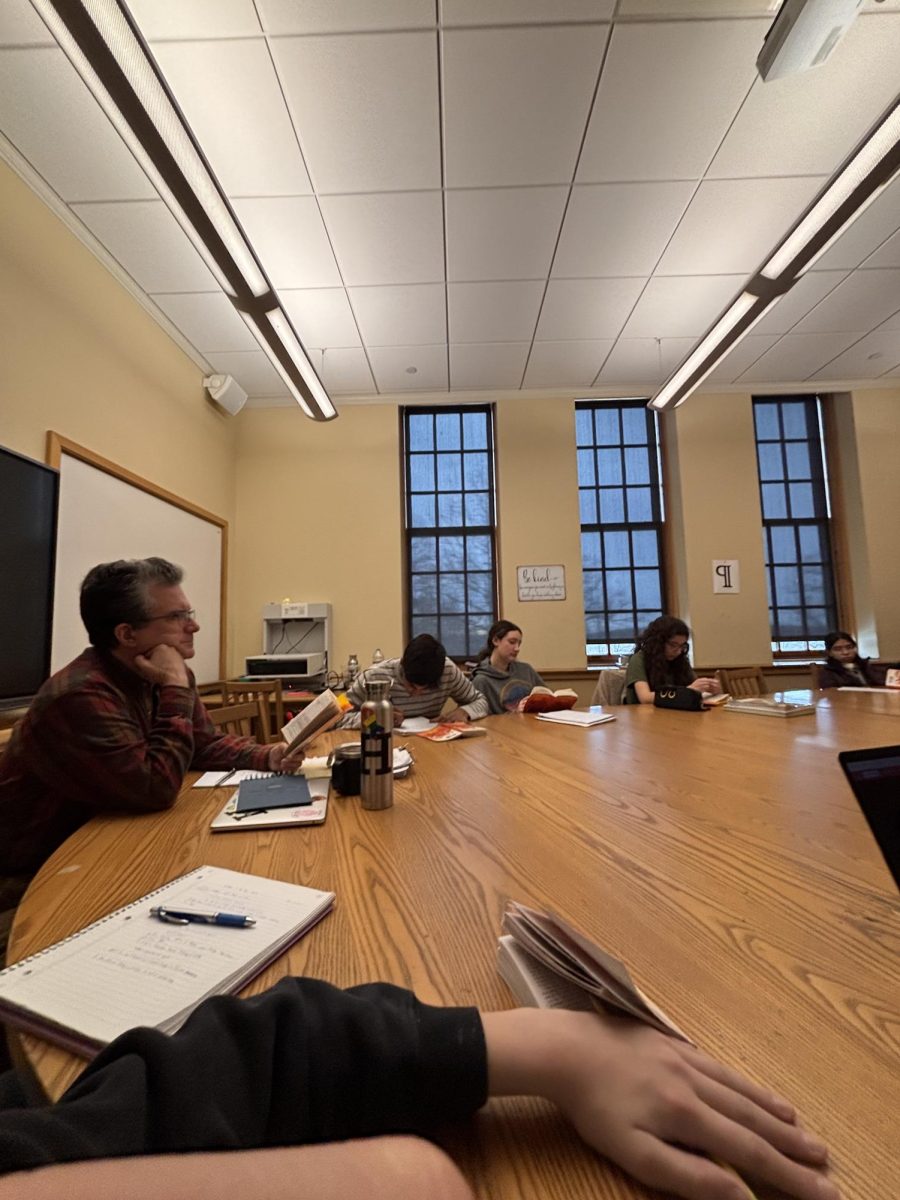As students, we often find ourselves caught in the tug-of-war between wanting more freedom and needing structure. Regarding the technology restrictions at Hackley, especially the bans on phone and headphone use during class, I’ve come to believe that they are not just necessary, but beneficial for our learning and well-being. While some students argue rules feel overly strict or unnecessary, I see them as crucial to creating an environment where we can focus, engage, and truly make the most of our time at Hackley.
The primary reason for these policies is clear: Phones and headphones are distractions. As much as we like to think we can multitask, or not be distracted by our phones, the reality is that having our phones within arm’s reach during class or when we have work to do often means we’re not fully present and our attention is not 100% focused on our work. Whether you are checking notifications, scrolling through social media, or texting friends, it’s easy to get pulled away from work and lose track of what’s important. As a student who’s tried to stay engaged while resisting the temptation to check my phone, I can confidently say that the rules are helping me stay focused during school and help me stay present in my schoolwork. Without the constant ping of notifications or the lure of a quick scroll, I can devote my attention entirely to the work at hand, which has made a noticeable difference in my academic performance.
And it’s not just about avoiding distractions. Many of us use phones and headphones to tune out or escape. Whether we’re trying to block out the noise of a busy cafeteria or distract ourselves from the pressures of school life, it’s easy to turn to technology as a crutch. However, the new policies are encouraging us to be more present and mindful. Instead of zoning out with music or scrolling mindlessly through a feed, I’ve found that I’m more engaged in conversations, more focused on the task at hand, and more willing to interact with my peers and teachers.
In addition to enhancing our productivity and social activity during school hours, the restriction on technology can also benefit our well-being. When we are stressed with work, we resort to drowning ourselves in social media, where certain posts and high levels of screen time increase anxiety and stress. Social media creates unrealistic expectations and feelings of ineptitude and possible FOMO (fear of missing out). For a stressed high school student who already has to worry about a physics test or an English paper, this can be very detrimental to their mental health and is too much stress for one student to manage. Unplugging from your laptops and phones or the entire digital world can be great for you to be rehabilitated from your phone’s grip on your mental health.
The ban on headphones is a very similar case. Music is great for relaxing and helping you focus and stay motivated, but it can also be a distraction. It is a barrier of communication between you and other members of the Hackley community. Say you are walking around campus, and an old beloved teacher of yours tries to say hello but you are engulfed in your phone and pay no attention to them because your airpods are in. Imagine how this makes someone else feel even if you meant no harm. This is why we have the new rules in place, so our community is better socially and people are present during the day. We are more likely to interact with classmates and staff, ask questions, and engage with the people and work when we aren’t isolated in our little tech bubble.
Teachers, too, are on board with these restrictions because they’ve seen the benefits firsthand. I’ve heard several teachers, including Mr. Franklin, explain how much easier it is to hold students’ attention in class when they’re not distracted by their phones. The focus in the classroom and during school in general, has improved since these rules were enforced, and as a result, the learning environment feels more collaborative and productive. As we all know, school is about more than just passing tests and getting good grades—it’s about engaging with the material, discussing ideas with classmates, and developing critical thinking skills. Skills that you will use in the real world when you are navigating life on your own. Phones and headphones can often get in the way of that kind of interaction, and by limiting their use, the policies help ensure we stay present socially.
Critics often argue that policies like Hackley’s restrict freedom or that students should have the right to decide when and how they use their technology. But the reality is, we’ve seen how distracting our phones can be when phones are present during the day and we check it every few minutes. In a world where we’re constantly bombarded with messages and notifications, having some rules that create boundaries for technology use is necessary. Schools are enforcing the guidelines because of these reasons and how they make school a better learning environment. How many of us have been guilty of sneaking our phones out during class when we know we’re not supposed to? Having a clear policy helps us resist temptation and stay disciplined.
Of course, there will always be students who feel that these rules are too rigid or unnecessary, and it’s understandable to want more freedom. But when you look at the bigger picture, you can see these policies are helping us build better habits. With less reliance on our phones and headphones, we’re learning how to manage our attention and stay focused in a world of distractions. It’s easy to argue for more freedom, but sometimes the most productive environments are the ones where we’re given a little structure and rules in place.
Ultimately, these technology restrictions are not about limiting our freedom—they’re about maximizing our potential as students and as a community. By removing distractions and encouraging us to be present, the school is helping us become better learners and more focused individuals. As someone who’s benefited from the policy in action, I’m convinced that it’s not just the right move for the classroom; it’s the right move for our future success as a community.






















